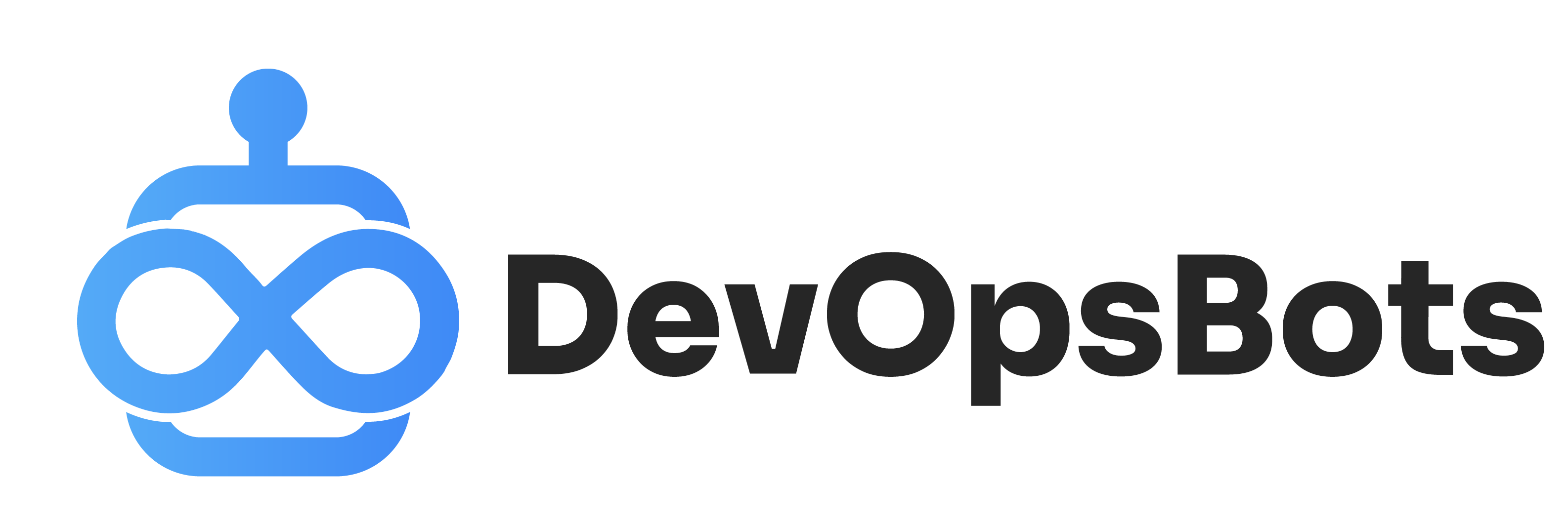The Top 10 Essential Skills for DevOps
In the landscape of technology, DevOps has quickly evolved into a pivotal role that bridges the gap between software development and operations. This discipline emphasizes collaboration, automation, and continuous improvement to deliver high-quality software at a rapid pace. However, becoming a successful DevOps professional requires a distinct set of technical and soft skills. This blog post outlines the top ten skills you need to thrive in a DevOps environment.
- Linux Fundamentals: Most of the world’s servers run on Linux, making it a critical skill for DevOps professionals. A solid understanding of Linux fundamentals, such as the command line interface, scripting, and system administration, allows DevOps engineers to manage servers efficiently.
- Coding and Scripting: While a DevOps professional is not necessarily a full-fledged developer, familiarity with coding and scripting is vital. Knowledge of languages like Python, Ruby, or Shell helps automate routine tasks and streamline the deployment process.
- Infrastructure as Code (IaC): IaC tools like Terraform or Ansible enable DevOps engineers to manage and provision their infrastructure automatically. Mastery of these tools is crucial for scalability, repeatability, and maintaining the health of the technology stack.
- Continuous Integration/Continuous Deployment (CI/CD): The CI/CD pipeline is the heart of any DevOps environment. Knowledge of tools such as Jenkins, CircleCI, or GitLab CI is essential for automating the stages of software delivery, from integration and testing to deployment.
- Version Control Systems: Git is the industry standard for version control. DevOps professionals need to be adept at managing and merging code branches, resolving merge conflicts, and understanding code history.
- Cloud Services: The ability to work with cloud platforms like AWS, Google Cloud, or Microsoft Azure is a sought-after skill. Understanding these platforms’ services and architectures is essential for designing and managing scalable, resilient, and cost-effective systems.
- Containerization and Orchestration: Docker and Kubernetes are key tools in the DevOps landscape. Knowledge of containerization – packaging up software with all of its dependencies – and orchestration – managing those containers across multiple servers – ensures smooth deployment and scalability of applications.
- Monitoring and Logging: Tools such as Prometheus, Grafana, and the ELK Stack (Elasticsearch, Logstash, Kibana) are used for monitoring infrastructure and applications, and for understanding logs. They help identify issues before they impact users, improving the reliability of services.
- Security Practices: DevOps engineers should be aware of security best practices, such as managing secrets, access controls, and understanding potential vulnerabilities in code or infrastructure. This aspect of DevOps, often referred to as DevSecOps, is crucial for maintaining the integrity and confidentiality of data.
- Soft Skills: Apart from technical acumen, soft skills like effective communication, problem-solving ability, adaptability, and teamwork are crucial in a DevOps environment. These skills help foster a culture of collaboration and continuous learning, central to the DevOps philosophy.
In conclusion, a competent DevOps professional needs to be a jack of many trades. By honing these ten skills, you will be well-prepared to thrive in the dynamic and rewarding field of DevOps. Remember, DevOps is not just a role or a set of tools, but a culture that promotes efficiency and collaboration across teams. Embrace the journey of continuous learning that DevOps embodies, and it will surely lead you to exciting opportunities and achievements.


